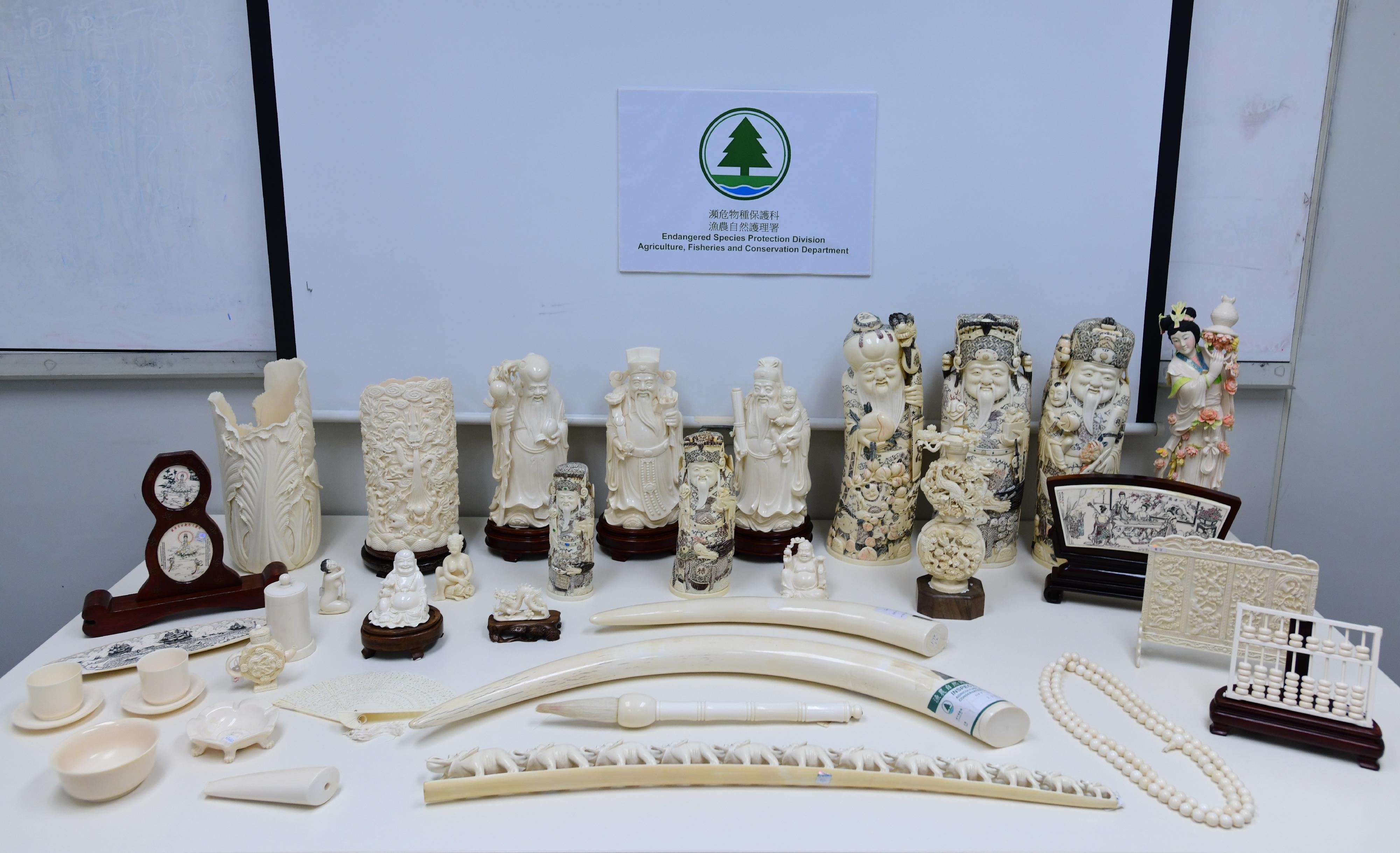Following is the transcript of remarks by the Financial Secretary, Mr Paul Chan, on the United States Federal Reserve Board rate hike this morning (July 28):
Reporter: Mr Chan, so about threats of global recession, and some analysts predict that Hong Kong Q2 (second quarter) GDP (Gross Domestic Product) might see another contraction, so we are technically raising rates just at the wrong time. What’s the impact of raising rates on the Hong Kong economy and do you see the Hong Kong Government having to downgrade your annual growth outlook? Thank you.
Financial Secretary: The increase in US interest rate under the Linked Exchange Rate System will impact on our interest rate. Over the past two months, you have seen that the interbank interest rate has risen, although the prime rate has remained intact. The rate and magnitude of increase in interest rate would depend very much on the liquidity in the market, and also the liquidity of individual banks. At the moment, we estimate that under the Linked Exchange Rate System, when US interest rate continues to hike, unavoidably our interest rate will increase. But the pace and magnitude need not proceed on a lockstep basis.
The impact on our economy is that with the increasing interest rate in the US as well as many of the developed economies, the external economic situation will continue to worsen. The export performance of Hong Kong will naturally be affected. But on the other hand, if the COVID situation is largely under control, private consumption, with the launch of Phase II of the Consumption Voucher Scheme, will increase the economic momentum in the second half of this year. So by and large, our assessment is that the economic performance of Hong Kong in the second half of this year would be better than the first half, but taking the year as a whole, we may need to revise our GDP growth forecasts.
At the moment the Government Economist is examining various data and doing an assessment on the economic outlook. The details will be announced in the middle of August. As to the impact of increase in interest rate on the property market, when interest rate increases, the mortgage repayment of homeowners will increase. But we consider that the basic fundamentals of our property market remain very sound. If I may share with you some figures – for new mortgages, on average the loan-to-asset ratio is some 50 per cent; and for repayment of individual homeowners, the amount of repayment as a percentage of their income is about 37 per cent on average. When banks grant mortgage loans, they have to do a stress test on the borrower. Under the stress test, an increase in interest rate of 3 per cent is assumed, and the borrower needs to demonstrate his or her ability to withstand this stress test, with the maximum mortgage repayment to income ratio at 60 per cent.
With all this, although with the increase in interest rate, the mortgage repayment burden would become a little heavier, the staying power of homeowners and their ability to repay mortgage remain very sound. Looking back, over the past six months, with COVID and the expectation of rising interest rates, the property market has remained calm in terms of price. Residential properties in the past six months came down by about 3 per cent overall, and the transaction volume came down by about 10 per cent.
With all the safeguards I have mentioned and the strong underlying demand for home ownership, I think the basic aspects of our property market would remain resilient, although the sentiment will be dampened because of increased mortgage repayment and the expectation of interest rate to go up further. Thank you.
Reporter: Can I ask about the recent financial woes of Mainland property developers? Do you think that will further squeeze Hong Kong banks’ funding positions? Thank you.
Financial Secretary: Well, your question is about the borrowing of Mainland developers and the financial position of these borrowers impacting on the Hong Kong banking system, right?
We have been monitoring this situation very carefully and we do not find cause for alarm. Basically, for Mainland developers, when they borrow from our banks, they have to provide collaterals, and the banks have been adopting prudent lending policies with regard to them. As I mentioned earlier, looking at the liquidity, capital adequacy and classified loan ratio of the banking sector, we currently consider that Mainland developers’ financial difficulties would have very limited impact on the banking stability of Hong Kong.
(Please also refer to the Chinese portion of the transcript.) read more


